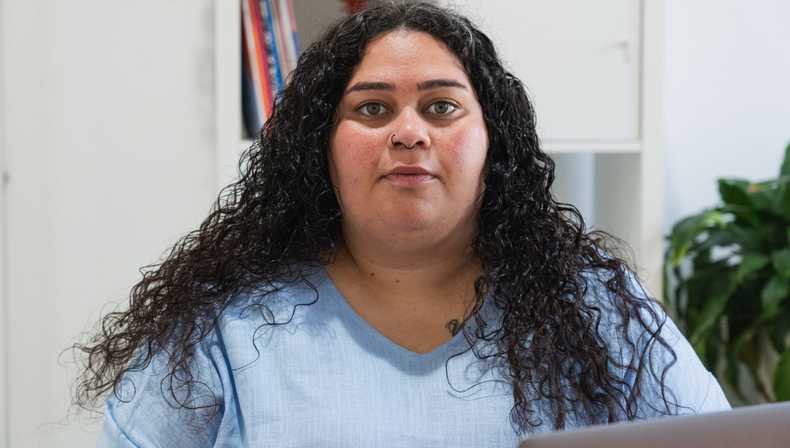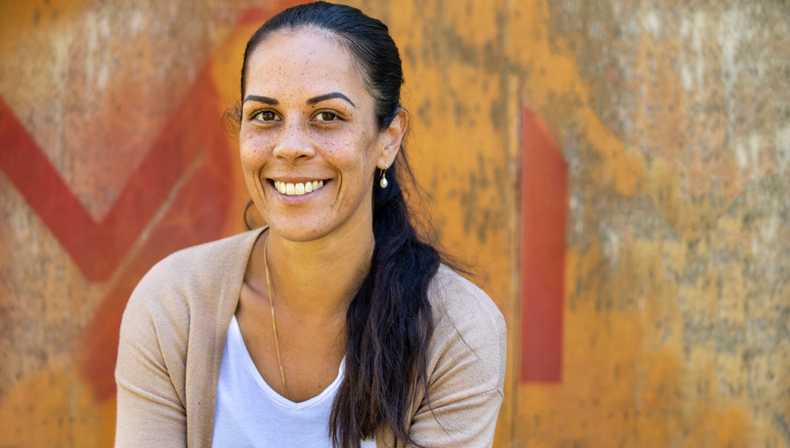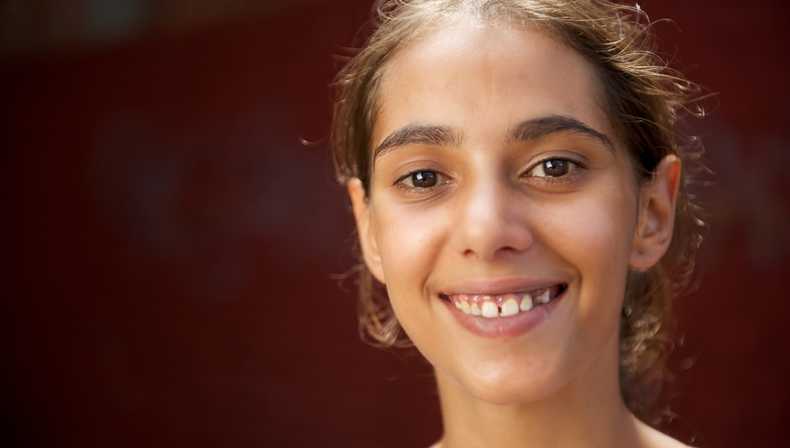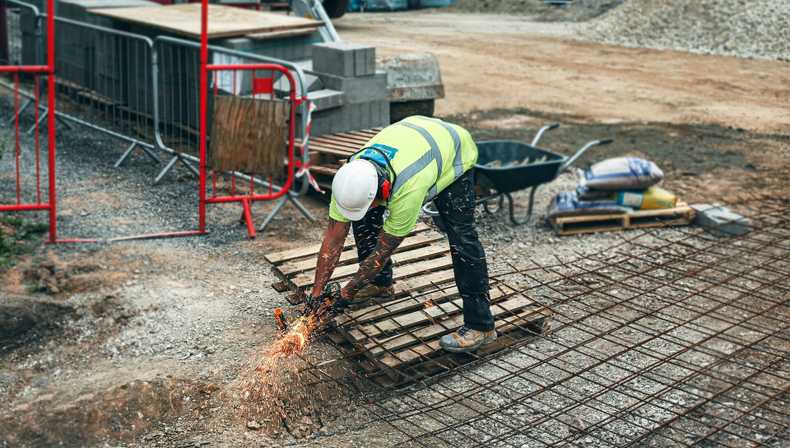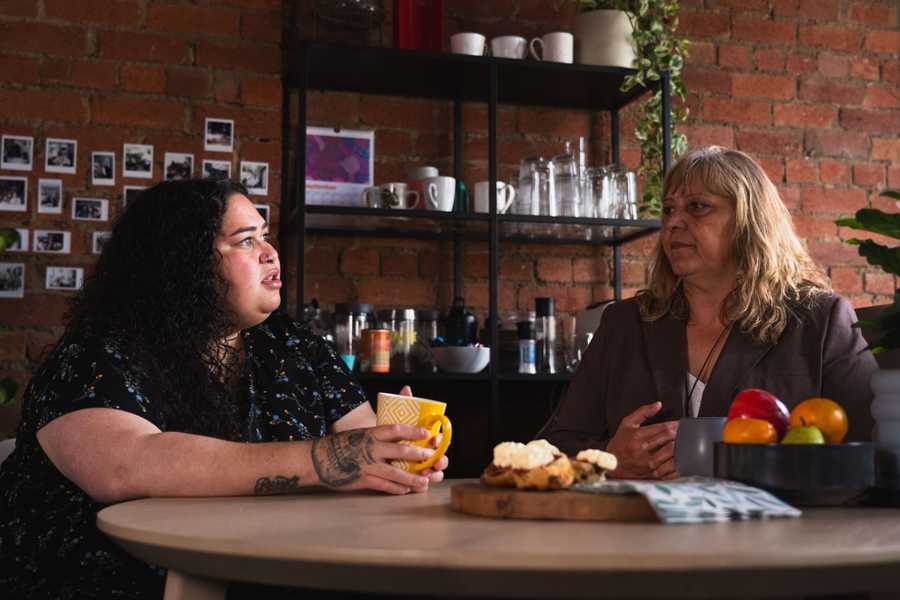Our services for First Nations people
What happened to you matters.
If you (or someone you know) has experienced discrimination, you can make a complaint with the support of someone you trust.
This page includes information on how we can support you in speaking up, stories from other First Nations people and other available services.
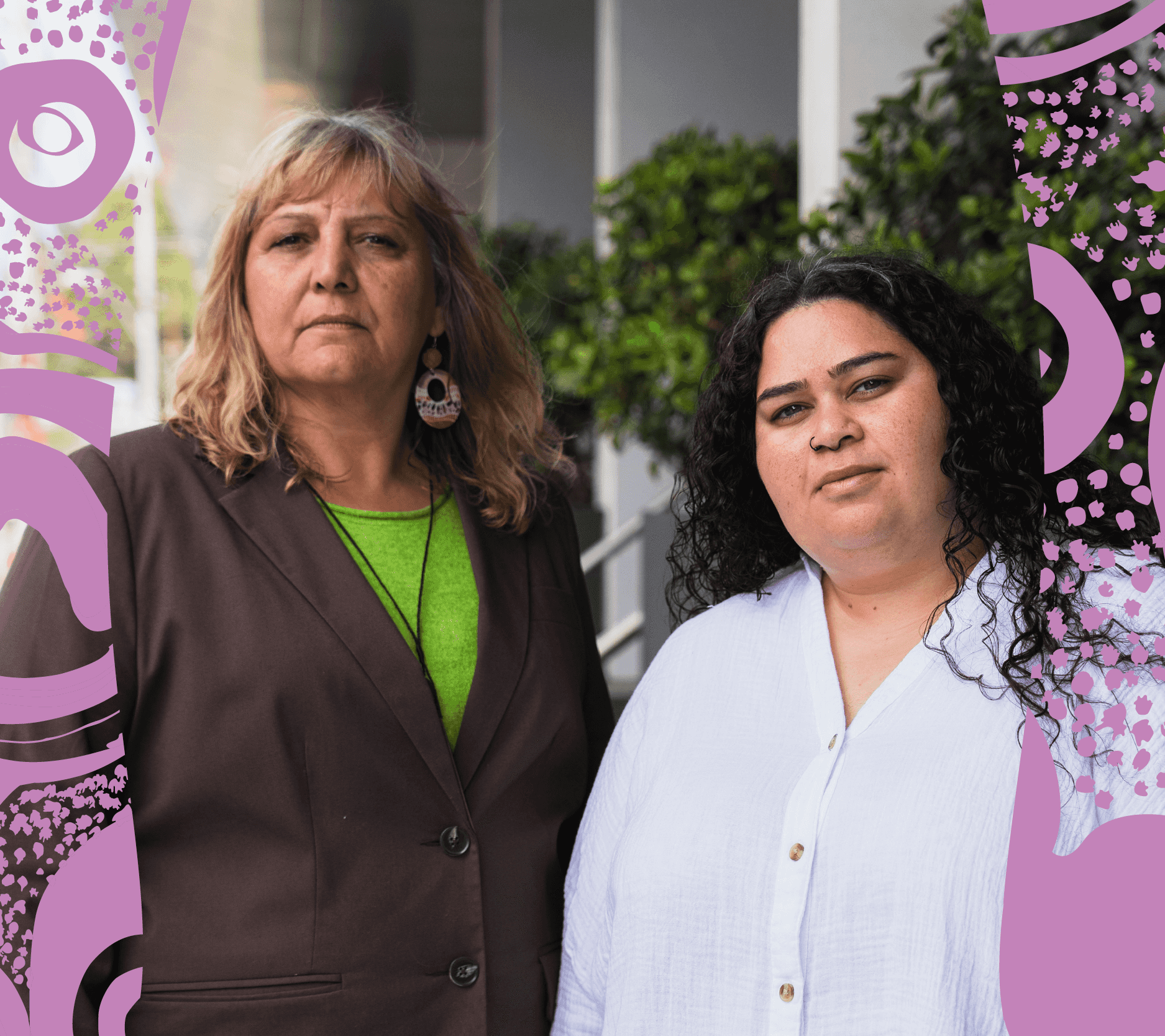
What happened to you matters
If you’ve experienced discrimination, you can:
- share your story with someone you trust
- visit this page together
- make a complaint to us using the options below.
Because what happens to community matters.
Trevor's story: Discrimination when trying to use a taxi
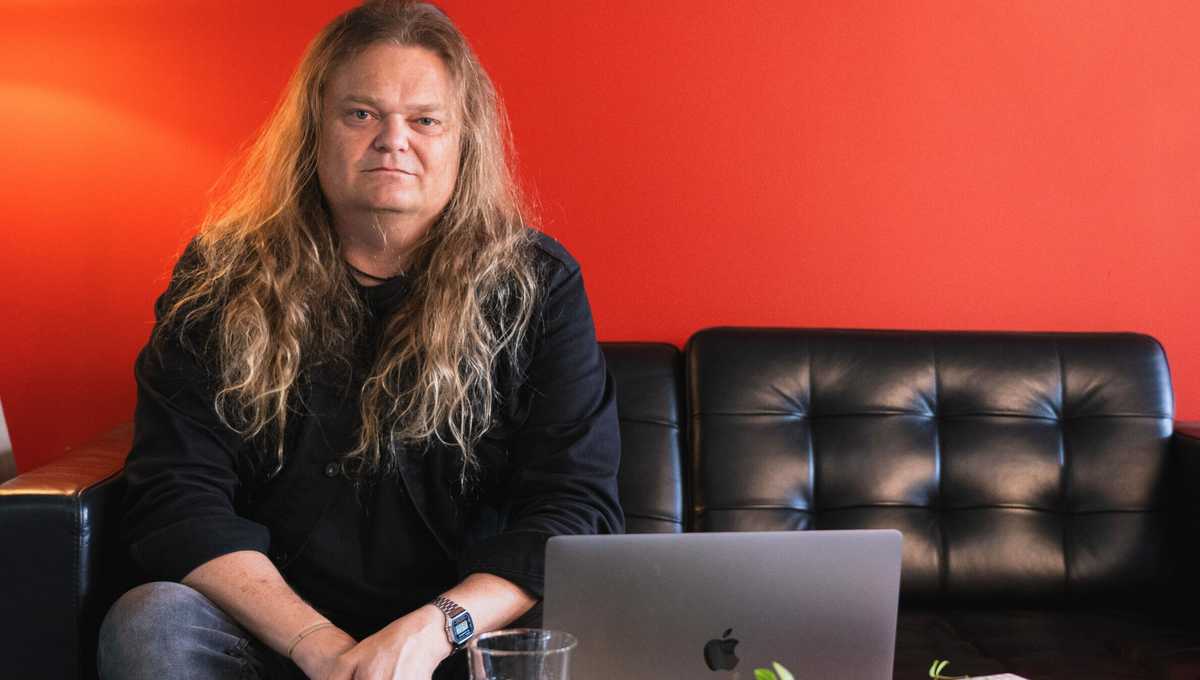
‘The taxi driver looked at me through the window and said he would only take my job if I paid him upfront.’
Trevor booked a taxi for a trip to go shopping. When the taxi stopped and saw him, the driver started to drive off. Trevor waved down the taxi and asked why he was driving off. The taxi driver responded that he would only take him if he paid the fare upfront.
It is against the law to discriminate against someone because of their race.
Scroll down to read more stories from First Nations people.
Report something that happened
How can we support you?
We can listen to your story and provide you with information about your rights under our laws.
You can ask to speak with a First Nations staff member, if someone is available.
All of our staff are specifically trained to support First Nations people when making an enquiry or complaint.
You can contact us by:
Phone
Call 1300 292 153 – weekdays from 10am–2pm.
Send us an email at complaints@veohrc.vic.gov.au with your issue and whether you would like to speak with a First Nations staff member.
Online complaint form
Send us your complaint through our online complaint form.
Post
Send us a letter to: PO Box 18011, Melbourne VIC 3000
You may have experienced something personally, seen something happen or you may want to ask questions on behalf of someone else.
What happens when you contact us?
We will:
- ask if you identify as Aboriginal and/or Torres Strait Islander at the start of our conversation with you
- ask if you want to speak to somebody about your rights
- ask if you want to talk directly to a First Nations staff member (if one is available)
- provide information about our services
- ask if you would need support to draft a complaint or show you how to make a complaint via our website if you don’t need any assistance.
We may also provide you with a referral to a range of First Nations or non-First Nations organisations and services to support you in whatever way is most helpful to you.
We will talk to you about any specific needs you might have to:
- feel culturally safe
- make any adjustments you might need for your disability (if required)
- ensure flexibility you might need given family, community, and other commitments.
What is conciliation?
When you make a complaint, we will take it through our conciliation process.
Conciliation is an informal, flexible approach to finding an outcome to a complaint.
It allows both parties to tell their stories, be listened to and work together to find an outcome that works for everyone.
Conciliation involves a Commission staff member – called a conciliator – who supports people to explore ways and options to resolve a complaint or issue.
How does conciliation work?
You can make your own decision on how conciliation would work best for you.
One option is for us to run a conciliation conference. This is an informal meeting of everyone involved held by phone, video or in person (subject to COVID-19 restrictions).
If it suits everyone, conciliation can be done without a conference or meeting, with the conciliator sharing information between those involved.
Our processes are voluntary. If you make a complaint, we cannot provide your details to anyone else unless you say we can.
You can discontinue at any point without consequence. If you are not able to continue, we will talk with you about your options and any assistance that may be available.
You will always be able to return to us, if, and when you are ready to go ahead.
We ensure conciliation processes are conducted in a way that is respectful, safe, flexible, and supportive to everyone involved.
You can have a support person throughout the process such as a friend, family member or Elder.
What outcomes are available?
Your conciliator will help the parties reach an outcome that works for everyone. You can ask for outcomes that are important for you and your community. Some examples are:
- telling your story and being heard
- an acknowledgement of your experience
- an apology made to you or within the community
- a promise to change or stop the behaviour that has affected you
- compensation
- being given your job back
- a statement of service or reference
- accessing a service
- cultural awareness or cultural safety training
- training in equal opportunity laws so they know the behaviour should not happen again
- reviewing and updating equal opportunity and diversity policies.
Other types of complaints
We can give you information about Victoria’s Charter of Human Rights and Responsibilities, but we do not handle complaints related to the Charter.
If you think you’ve been treated wrongly by a Victorian public organisation, you should contact the Victorian Ombudsman. The Victorian Ombudsman’s role is to ensure fairness when dealing with the public sector.
If you want to make a complaint about police conduct, contact the Independent Broad-based Anti-corruption Commission.
External support services
Reading our website and stories may have caused distress – or you might be looking for support somewhere else. Find emergency, immediate counselling, healthcare and legal services and support below.
